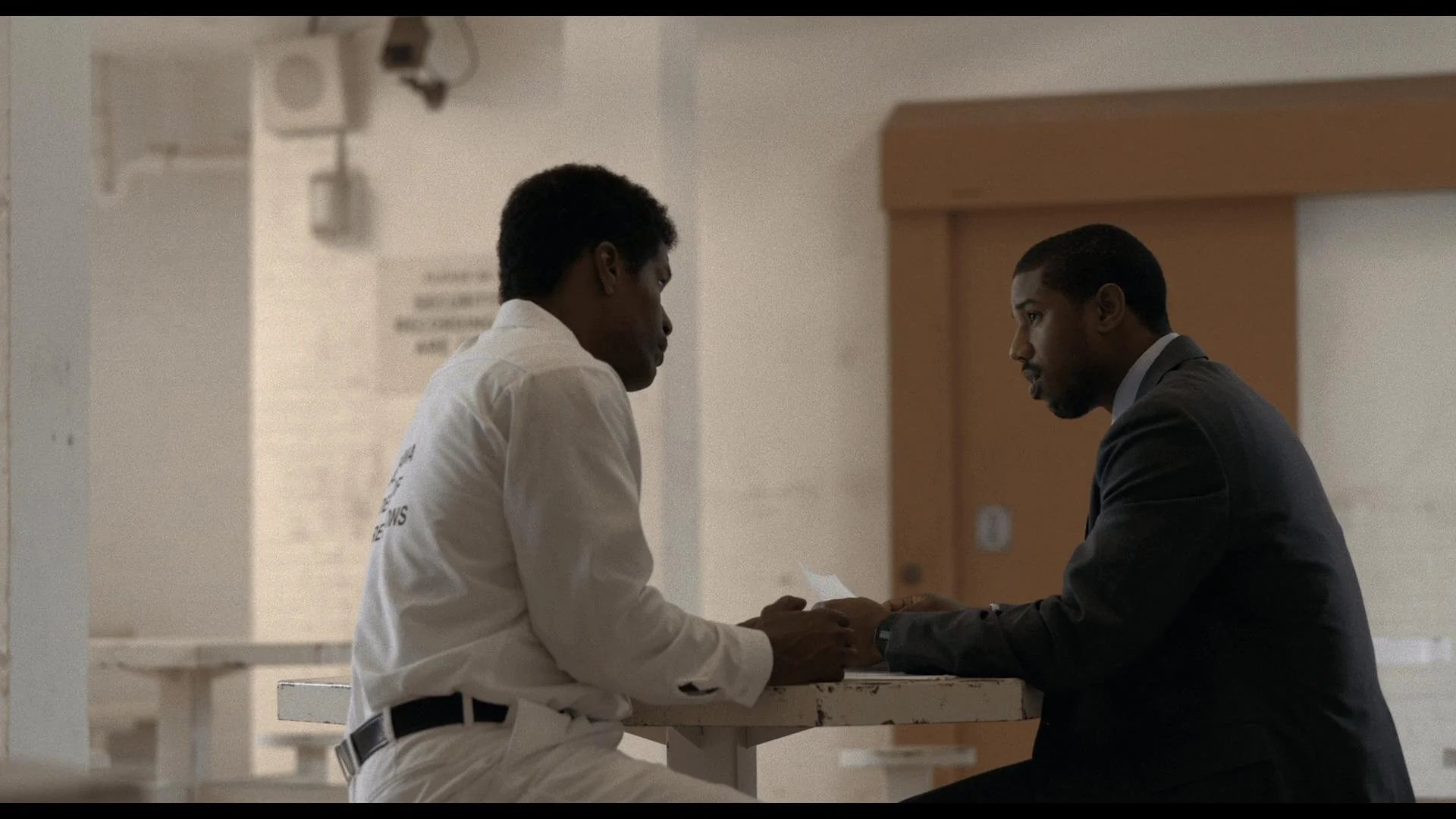Interrogating: Just Mercy
I’ve come to realize that adulthood is the most jarring, unwelcoming, spectacle; a series of unfortunate events - briefly interrupted by the smallest mercies. To make matters worse, if you happen to carry the burden and joy of being born to “peoples of the global majority”, otherwise known as people of color, you’re in for systemic racial oppression as early as your time in-vitro. Throughout human history, there is often no peace for individuals of color, worse if they live in close proximity to their former colonizers, slave owners, or oppressors in general.
So, when faced with bearing children of color or, namely black children, there are few options. In the past, I’ve heard mothers say they intend to teach their children to fear them, so that their young may learn to fear the law, and by extension the police officers meant to protect the law. All of this in the name of keeping their children alive and free. Black children don’t get to “go through a phase” in the face of the law. An incident involving a black child will be less likely to be swept under the rug using the guise of “kids will be kids”. Therefore, I reiterate, when faced with bearing black children, parents hold on to the life-saving ideal behind submission.
For those of us who watched Scandal, you’ll recall Eli Pope badgering Olivia with a brief question, “You have to be what?” Powerhouse Olivia Pope was reduced to a child in a moment when she whispered, “Twice as good”, until Eli interrupted her, booming “Twice as good for half of what they have!”
Essentially, as a black person, white supremacy will require you to work like a dog, outshine all competition, but by mere virtue of your blackness, you will not be able to access the true value of your work.
Consider, Just Mercy, the biopic starring Michael B Jordan and Jamie Foxx, set in the late 1900s of small town America. Alabama, a stronghold for the Confederacy, the KKK, and white supremacists overall was a place that required black submission to whiteness. The character of Johnny D, played by Foxx, was a man who lived with his head down. He knew his hometown and understood that as a black man, the slightest infraction could have him arrested, or killed. Unfortunately for Johnny D, his sexual desires towards a married white woman got the best of his better judgement, which led to scandal and the white police force of his community pinning the murder of a white 18-year-old girl on him as retribution.
In this instance, unlike that of Scandal, it was understood that a white man’s power was to be submitted to, not to fight. Granted, Bryan Stevenson, played by Michael B Jordan, was a northern man himself, hailing from the great state of Denver, so his disposition wasn’t that of the average poor Southerner. At the same time, we see black adults, all of whom were once children, navigating a system that is a far cry from just.
Consistently throughout these communities, there’s a call to God, praise given to the Lord at some or other moment of triumph. Regardless of one’s belief in a god, an almighty, a Messiah, one thing is consistent throughout black life across the world. Perhaps we aren’t as accustomed to peace as we wish to be. However, as the years go by and the hearts and minds of peoples around the world begin to change, time does seem to show us more mercy and grace than the sentiments of yesteryear.


